
May 22. 2024
Dual Diagnosis Treatment
What does dual diagnosis mean in mental health? People are still struggling to understand this, and there is a good…
Read More
May 22. 2024
What does dual diagnosis mean in mental health? People are still struggling to understand this, and there is a good…
Read More
May 22. 2024
By We Level Up WA | Author Alex Evans, PharmD, MBA | Editorial Policy | Research Policy Living with anxiety…
Read More
May 19. 2024
Flat affect in schizophrenia is commonly a symptom where a person has reduced emotional expression and appears emotionally dull or…
Read More
May 9. 2024
National Women's Health Week is an initiative set to remind us all of the importance of comprehensive health awareness among…
Read More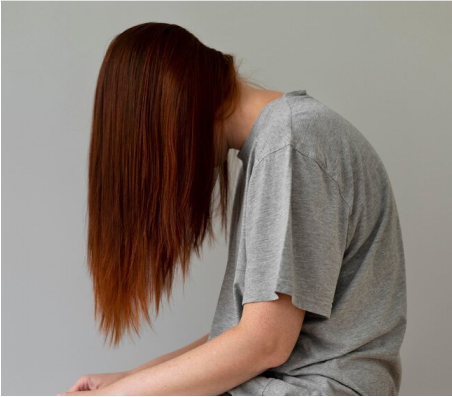
May 2. 2024
Coping with loss is an experience everyone will have to go through at some point in their lives. Whether you…
Read More
April 24. 2024
In Washington, adult females 25–44 from diverse backgrounds often experience anxiety. Managing these feelings is important for mental health. Grounding…
Read More
April 17. 2024
The state of your mind is just as important as your physical health. Calming strategies are really helpful when you're…
Read More
April 10. 2024
The co-occurrence of seasonal affective disorder and addiction in a country like Washington is a relatively frequent phenomenon. Recurring depression…
Read More
April 3. 2024
With the US population aging, as the United States Census Bureau estimates, the topic of aging and mental health receives…
Read More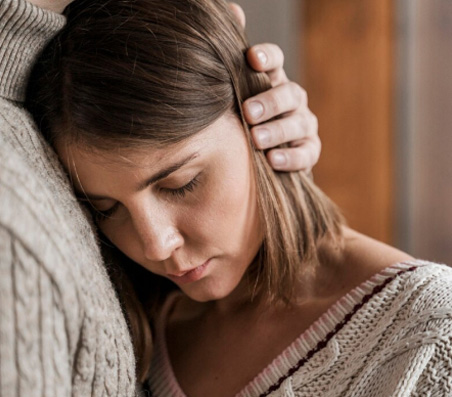
March 28. 2024
Mental illness touches many lives, more than we often realize. It's not just something that happens to "other people." It…
Read More
March 21. 2024
Researchers are giving more attention to the topic of ADHD and relationships, resulting in the development of strategies, practical guidelines,…
Read More
March 15. 2024
Divorce and mental health—it is a two-way street. Living with a spouse with a mental health issue can be draining.…
Read More
March 12. 2024
Finishing your mental health treatment is a big step. However, keeping your mental health in check is a lifelong effort.…
Read More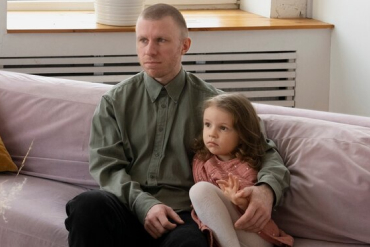
March 8. 2024
Dealing with ADHD in the family is not easy for anyone, especially not for a parent of an adult child.…
Read More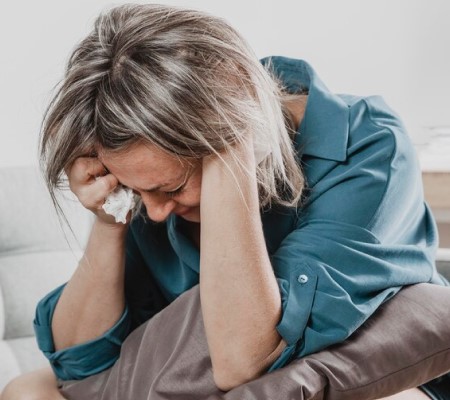
March 1. 2024
Your family is your rock — your source of unconditional understanding and love. You want nothing but the best for…
Read More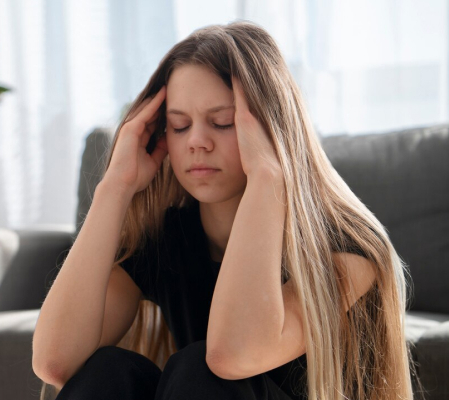
February 28. 2024
The conversation on mental health has mainly focused on the rising worries about different types of anxiety, depression, and related…
Read More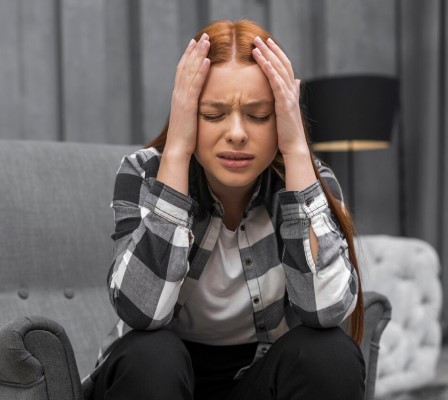
February 23. 2024
The way we see mental health disorders has changed dramatically over recent years. Misconceptions we used to have are, thankfully,…
Read More
February 23. 2024
We face many challenges that may lead to depression as we age. We face the loss of loved ones, isolation,…
Read More
February 21. 2024
Despite the growing prevalence of mental health issues, many people are still reluctant to get the treatment they require, frequently…
Read More
February 14. 2024
BPD is a complex disorder that affects not only the person who has it but also others who are close…
Read More